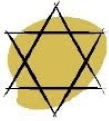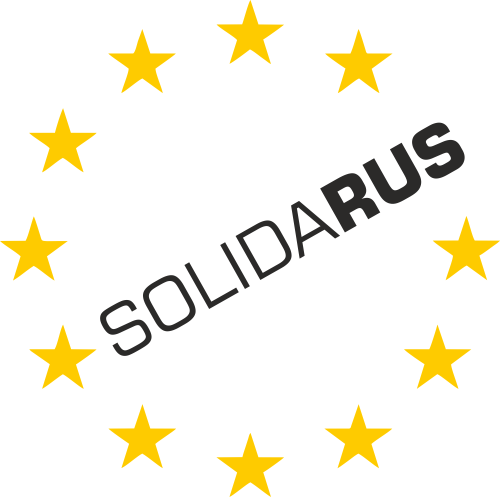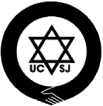The Kremlin’s Political Prisoners: The Case of Gennady Shpakovsky
On June 06, 2020, Pskov City Court sentenced Gennady Shpakovsky, 61-year-old Jehovah’s Witness and a political prisoner from Pskov, western Russia, to six and a half years’ imprisonment for his faith.
Shpakovsky received the longest sentence of all Jehovah’s Witnesses imprisoned in Russia, having been found guilty of organizing activities of a local cell of Jehovah’s Witnesses (Part 1 of Article 282.2 of the Criminal Code of the Russian Federation) and financing an extremist organization (Part 1 of Article 282.3 of the Criminal Code of the Russian Federation). Gennady Shpakovsky did not admit his guilt.
According to RadioFreeEurope/RadioLiberty, prior to the reading of his verdict, Shpakovsky made the following statement:
“I consider myself not guilty…I did not commit any crime against any person, the government, the country, or the existing system. The case files do not contain evidence of a defined damage or a victim. I am being persecuted for my faith.”
In April 2017, the Supreme Court of the Russian Federation recognized Jehovah’s Witnesses in Russia as an extremist organization and formally liquidated it. In August of that year, all congregations of Jehovah’s Witnesses were put on a list of banned extremist organizations.
The Memorial Human Rights Center considers the designation of Jehovah’s Witnesses’ organizations as extremist to be unjustified and in violation both of freedom of conscience and the right of association. The criminal prosecution of followers of this peaceful religion is unlawful and discriminatory.
At least 328 Jehovah’s Witnesses are being prosecuted under Article 282.2 of the Criminal Code of the Russian Federation (“Organization of the activities of a religious organization in respect of which a decision was made to liquidate in connection with the implementation of extremist activities”, up to 10 years in prison) after their regional organizations and the Administrative Center of Jehovah’s Witnesses in Russia were banned and declared extremist.
According to the Memorial Human Rights Center, at least 29 Jehovah’s Witnesses are in custody (11 believers have been sentenced to actual terms and another 18 are awaiting sentencing in a pre-trial detention center) and at least 21 believers are under house arrest.
In addition, we know of 8 believers sentenced to suspended sentences and 9 believers who were sentenced to a fine.
At least 270 more Jehovah’s Witnesses are being persecuted without imprisonment.
The criminal case against one believer was dropped, and two more believers died.
The Memorial Human Rights Center recognized all Jehovah’s Witnesses held in custody or under house arrest as political prisoners and urges their immediate release. We demand that all charges against Jehovah’s Witnesses, on whom other forms of pre-trial restriction have been imposed, be dropped.













